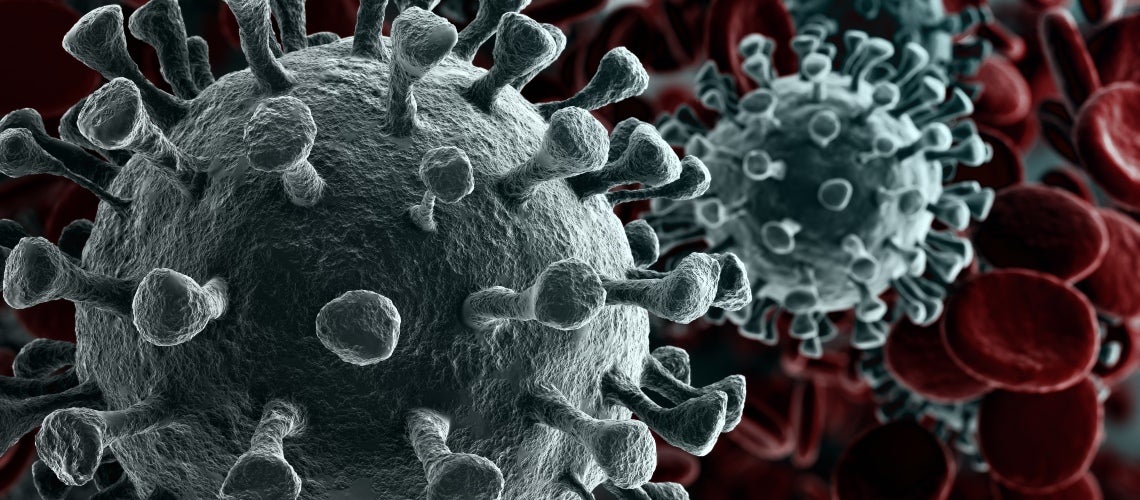 by Creativeneko
by Creativeneko
As the world continues to fight COVID-19, global development experts are exploring solutions in digital health technologies, aligning health purchasing and public financial management, and discussing taxation on tobacco, alcohol and sugar-sweetened beverages to mitigate the health impacts of the pandemic. Meanwhile, young children and their families are at risk of being left behind in local and global responses to the COVID-19 pandemic – portending potentially devastating impacts to their health and development.
People of any age with certain underlying medical conditions, such as cardiovascular diseases, cancer, obstructive pulmonary diseases, and obesity and diabetes, are at increased risk for severe illness and death from COVID-19. Taxation on tobacco, alcohol, and sugar-sweetened beverages are effective but underused policies of disease prevention and health promotion.
Why strategic purchasing in health and public financial management are two sides of the same coin | Blog
Public Financial Management (PFM) applies to the way government budgets are allocated, spent, and accounted for to implement policies. Strategic purchasing in health relates to how health service providers are paid for the delivery of services. Both aim for efficient, and equitable delivery of quality services and are crucial in the context of responding effectively to health emergencies such as COVID-19.
Pandemic is drawing attention to promise of digital health technologies | Blog
COVID-19 has augmented the role digital technologies can play in bridging the gaps in care for a range of health needs. In developing countries, companies are connecting rural clinics, eliminating high expenses and disincentives of traveling long distances for care, providing affordable pharmaceuticals to low-income patients and consumer health products and micro-insurance. Still, with the adoption of digital technologies, there are emerging roadblocks.
Measures to limit the spread of the virus have resulted in changes to the everyday life of children and their families. Many low- and middle-income countries have experienced disruptions in their capacity to provide health, hygiene, and other social services to families. As a result, children are not able to access free meals and healthcare services (e.g., immunizations). With prolonged lack of access to health, and social services, young children are at risk of not developing to their full potential.


Join the Conversation